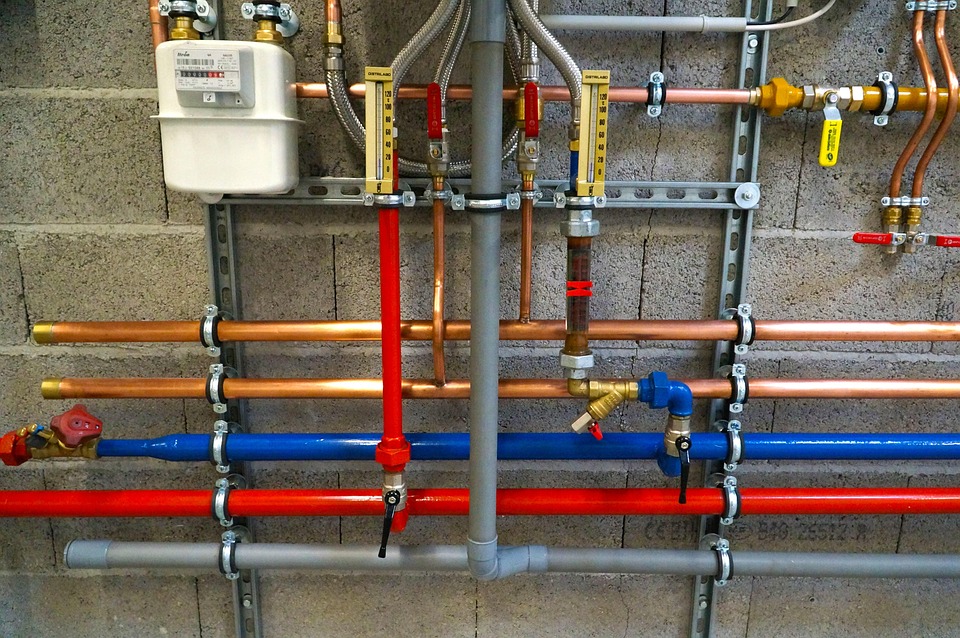Diving into the realm of plumbing in the UK is akin to stepping into a world where practical skills meet the artistry of problem-solving. The path to becoming a successful plumber is not a straight line; it’s a winding road filled with twists, turns, and a myriad of opportunities. Here’s a comprehensive guide to navigating this dynamic industry.
1. Understanding the Basics
A solid foundation is paramount. Aspiring plumbers should begin by acquiring their GCSEs, particularly in maths and science, as these subjects lay the groundwork for understanding plumbing systems and their mechanics. Following this, pursuing a Level 2 or Level 3 qualification in plumbing and heating is essential. This formal education not only imparts vital knowledge but also boosts your employability in a competitive market.
2. Gaining Experience
Theoretical knowledge is only part of the equation. Entering an apprenticeship can be a game changer. This hands-on experience allows you to work alongside seasoned professionals, gaining invaluable insights into the day-to-day realities of plumbing. An apprenticeship typically lasts around two to four years and is often supplemented with classroom learning, blending practical skills with academic understanding.
Consider seeking work placements or internships during or after your apprenticeship. Networking with local plumbing companies can often lead to permanent positions. Building relationships in the industry is crucial—never underestimate the power of a good reference!
3. Specialisations and Certifications
As you settle into your plumbing career, consider specialising in a particular area. Whether it’s boiler installation, bathroom fitting, or eco-friendly plumbing solutions, specialisation can set you apart from the competition. Earning additional certifications, such as Gas Safe registration, is not only a legal requirement for certain jobs but also enhances your credibility and marketability.
Explore courses in renewable energy technologies, as the demand for such skills is ever-increasing with a growing focus on sustainability. By expanding your repertoire, you position yourself as a versatile professional ready to tackle the challenges of modern plumbing.
4. Building Your Brand
In today’s digital age, establishing a personal brand is vital. Consider creating a professional website or social media presence to showcase your skills, share testimonials, and highlight completed projects. This not only attracts potential clients but also reinforces your authority in the field. Engaging in local community events or trade fairs can further enhance your visibility and network.
Don’t shy away from asking for reviews and referrals from satisfied customers—word-of-mouth can be your strongest ally in building a thriving plumbing business.
5. Staying Informed and Adapting
The plumbing industry is constantly evolving, with new technologies and regulations emerging regularly. Staying informed through continuous professional development is crucial. Attend workshops, seminars, and trade shows to keep abreast of the latest trends and innovations. Joining professional bodies, such as the Chartered Institute of Plumbing and Heating Engineering (CIPHE), can provide access to resources and networking opportunities that are beneficial for career advancement.
Embrace change and be willing to adapt. The ability to learn new skills and technologies will keep you relevant and in demand.
Charting Your Path to Success
In summary, the journey to becoming a successful plumber in the UK is multifaceted, requiring a blend of education, experience, specialisation, personal branding, and ongoing learning. Each step you take not only enhances your skills but also shapes your career trajectory.
As you embark on this exciting journey, remember that CVPortal is here to continuously provide you with high-quality CV references, ensuring you present your best self to potential employers. With the right roadmap in hand, you’re well on your way to plumbing success!


